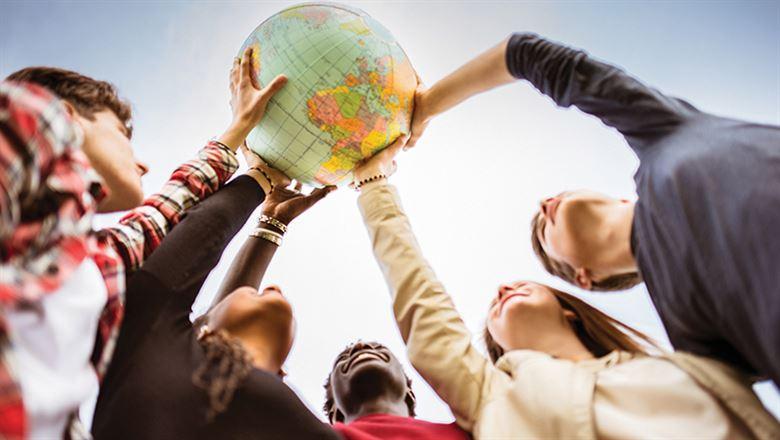Maria Mihalik
Maria Mihalik is newsletter and supplements editor of Associations Now in Washington, DC.
 Associations Now
Associations Now
From hunger to hygiene, no problem is too big for students in WFUNA’s “Mission Possible” program to attempt to fix.
Being a high schooler today is hard enough—but being a change agent addressing local and global challenges at the same time? If the students who survived February’s mass shooting at Marjory Stoneman Douglas High School in Parkland, Florida, and are now advocating for changes to U.S. gun laws are any indication, today’s teenagers are more than capable of taking up big-picture issues.
The World Federation of United Nations Associations (WFUNA), a global network of more than 100 associations and individuals supporting and engaging with the United Nations, is confident in the ability of young people to start moving the needle on social challenges. The New York City-based organization created the Mission Possible: Agents of Change program in 2015 with the goal of encouraging high schoolers around the world to think about how to achieve United Nations Sustainable Development Goals (SDGs), which include poverty alleviation, zero hunger, good health and well-being, quality education, gender equality, clean water and sanitation, and more.
For five months, at schools in India, Armenia, ªnd Singapore, students combine their new knowledge about SDGs with 21st-century project management and critical thinking skills to design, implement, and promote projects thªt address one of the goals. So far, approximately 200 students have completed the program and launched projects to improve water conservation, literacy, urban farming, hygiene, inclusion of people with disabilities, and more.
The project management portion of their education comes courtesy of the Project Management Institute Educational Foundation, which helped launch Mission Possible in India.
WFUNA hopes to extend Mission Possible beyond Asia, particularly to countries where fewer global citizenship education opportunities exist.
Graduates of Mission Possible are eligible to present their projects at an international conference at UN Headquarters in New York, an exhilarating experience for students that drives home the significance of their work. Says Bonian Golmohammadi, WFUNA secretary-general: “Mission Possible is an essential component of WFUNA’s work toward a stronger, more effective UN. It also contributes to a global shift that sees adolescents and youth as critical actors of development.”
[This article was originally published in the Associations Now print edition, titled “Creating Global Citizens.”]